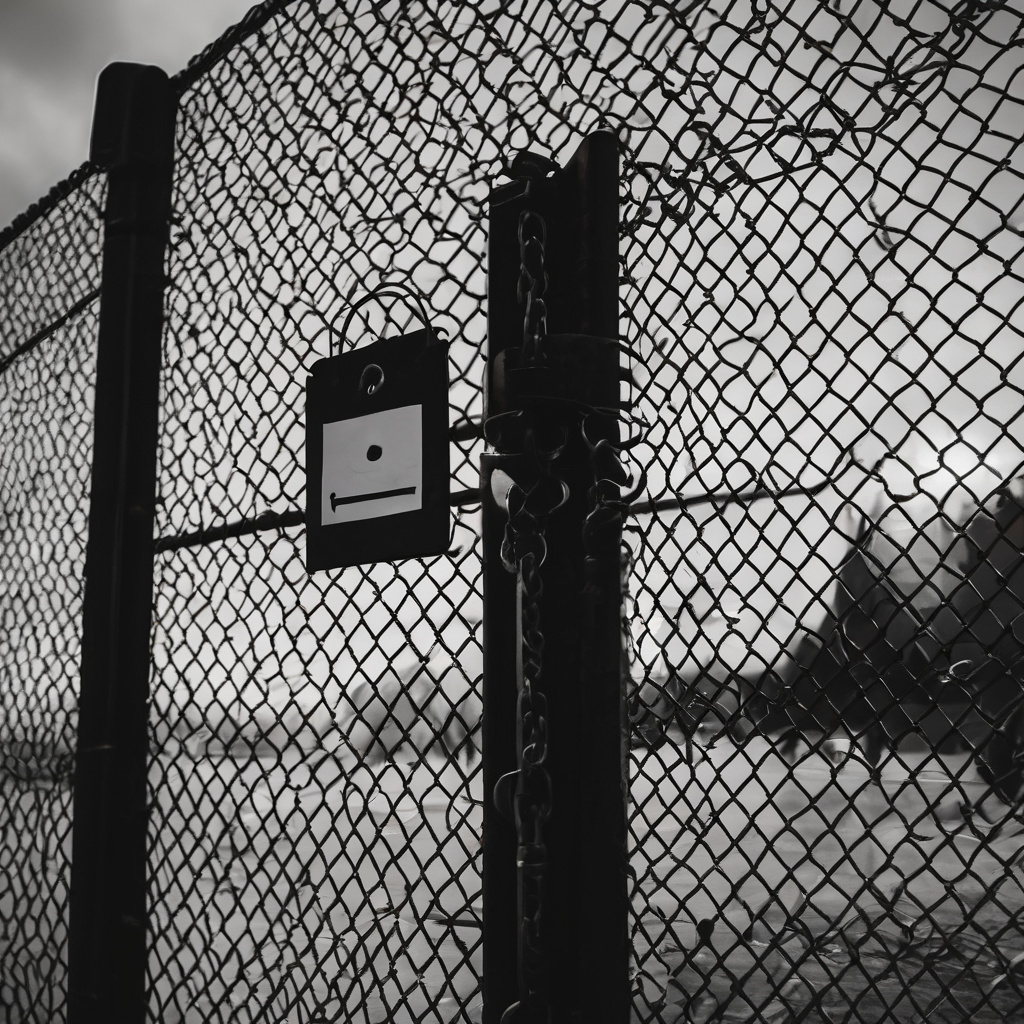U.S. Secretary of Homeland Security Kristi Noem faced a notable incident on Friday when she was denied entry to the Village of Broadview Municipal Building while visiting an ICE processing facility that has become a focal point for protests. The video footage of the encounter went viral, sparking discussions over the circumstances surrounding her visit.
In the brief clip shared by Noem on social media, she is seen standing at the entrance to the municipal building, where an individual inside refused her group access to the restroom. Noem expressed her frustration, emphasizing that they were merely seeking a quick break in a public building supported by federal funding, which she claimed amounts to over $1 million annually for the village.
However, David Ormsby, a spokesperson for the village, clarified that Noem had arrived “unannounced” to the hall requesting a meeting with Mayor Katrina Thompson, who was at that time en route to the ICE facility to meet with Noem. Ormsby pointed out that the mayor was actively engaged in addressing issues, such as the request for the removal of an illegal fence outside the facility, and mentioned that access to bathrooms at the ICE center had been limited.
The interactions around the Broadview facility are emblematic of the ongoing tensions that have characterized protests against immigration enforcement in recent weeks. Friday’s demonstrations featured activists rallying for transparency and advocating for better treatment of detainees, with a designated protest area established due to safety concerns prompted by clashes between protesters and agents. Local authorities documented rising tensions, including instances of protester arrests, and the use of crowd control measures by law enforcement.
The facility has gained attention due to contentious practices associated with “Operation Midway Blitz,” an immigration enforcement initiative. Protesters allege mistreatment of detainees, citing a lack of basic amenities and transparency concerning the conditions within the facility. Meanwhile, officials from the Department of Homeland Security counter these assertions, stating that claims of overcrowding and substandard conditions are unfounded.
As discussions regarding the situation at the Broadview facility continue, local officials and community leaders have emphasized the importance of addressing public safety while ensuring that the rights of individuals are protected. The situation reflects a broader national conversation regarding immigration enforcement strategies and the treatment of individuals within the system, indicating the necessity for ongoing dialogue and reform.
In light of these developments, there remains a hopeful prospect that further conversations will lead to positive changes in policy and practices within the realm of immigration enforcement, prioritizing both safety and humanity.
